The Case I Secretly Want Trump to Prosecute
It's not what you might think
I have a secret: I want Donald Trump to prosecute one of his political rivals.
Okay, that came out wrong.
Let’s clear a few things up: I don’t believe our justice system should be used for political purposes. I don’t believe charges should be filed against anyone because a “D” or “R” goes next to their name. And I don’t want to live in a country where the two parties trade off arresting their opponents on spurious charges. That is a recipe for disaster.
But I do want, just once, for Trump to do something he has often promised but never actually done: have his Justice Department file charges against a Democratic politician that lacks a legal basis. Why? For the same reason he hasn’t done it yet: because throwing someone in federal prison is harder than Trump makes it sound, and if he tries to launch a prosecution on bogus charges, it will almost certainly fail.
And that would send a dramatic signal that the American justice system is stronger than the whims of any single president.
During his 2024 campaign, while simultaneously promising to end the “weaponization of government,” Trump threatened to prosecute dozens of his perceived rivals, from Liz Cheney to Mark Zuckerberg. Conspicuously, more than seven months into his second term, not a single one of them has been hit with criminal charges.
That serves as a reminder that, in the United States, imprisoning (or even indicting) someone is not simply a matter of the president snapping his fingers and making it so. Yes, even in the Trump era.
In fact, this is a lesson the Trump administration has repeatedly learned in recent weeks — the hard way.
On the federal level, civilian felony indictments require the consent of a grand jury of one’s peers, a right enshrined in the Fifth Amendment to the Constitution: “No person shall be held to answer for a capital, or otherwise infamous crime, unless on a presentment or indictment of a Grand Jury, except in cases arising in the land or naval forces, or in the Militia, when in actual service in time of War or public danger.”
Grand juries are composed of between 16 and 23 members; at least 12 jurors must concur for a felony indictment to be issued. This is often treated as pro forma; in 2010, for example, federal grand juries were presented with 162,300 proposed indictments. They refused to sign off on only 11 of them. “Any good prosecutor can get a grand jury to indict a ham sandwich,” as the former New York jurist Sol Wachtler famously said.
That hasn’t been Trump’s experience. In the last two weeks, DC grand juries have declined to bring indictments requested by the Trump administration at least six times, an extraordinary break with precedent.
The most recent non-indictment was revealed on Tuesday, by lawyers for Nathalie Rose Jones, an Indiana woman who has been accused of threatening Trump’s life. (“I literally told FBI in five states today that I am willing to sacrificially kill this POTUS by disemboweling him and cutting out his trachea,” Jones wrote on Facebook earlier this month.)
According to her lawyers, a grand jury declined to indict Jones, who has a history of schizophrenia.
In another prominent case, a DC grand jury declined to bring a felony case against Sean Dunn, the former Justice Department employee who threw a Subway sandwich at a federal law enforcement officer. (Insert your ham sandwich/grand jury joke here, but before you do, know that Dunn’s sandwich was salami.)
Another grand jury opted against indicting Alvin Summers, who was similarly accused of assaulting a federal officer. No fewer than three grand juries decided not to charge Sidney Lori Reid, who was accused of assaulting an officer who was pushing her against a wall. Both Dunn and Reid have since been charged with misdemeanors, a lower citation that doesn’t require a grand jury.
The same thing has happened on the other side of the country: according to The Los Angeles Times, out of the 38 felony cases filed by federal prosecutors in LA after June immigration protests, only seven produced indictments. Several of the failures were because grand juries repeatedly declined to bring felony indictments, leading the cases to be downgraded to misdemeanors.
According to the Times, Bill Essayli, the acting US Attorney in LA, could be heard screaming to a prosecutor over speaker phone, frustrated that another grand jury had refused to give a felony charge to someone accused of attacking law enforcement. Essayli told the prosecutor to press on and secure an indictment, even if meant disregarding the Justice Department’s internal guidelines, which direct prosecutors to bring cases only if they are confident they will win at trial.
At the end of the day, Essayli and other Trump-appointed prosecutors can rage all they want, but it won’t change the reality. To bring a felony charge in this country, prosecutors need to persuade a grand jury of the seriousness of a case — that there is probable cause to believe that the alleged misconduct occurred, and that it rises beyond the level of a misdemeanor. (Of course, that doesn’t mean the defendants described above shouldn’t face misdemeanor charges when appropriate. But felony charges are supposed to be reserved for a rare level of misconduct; presented with evidence in these cases, grand juries felt that high bar wasn’t met.)
A successful conviction also requires more: a Justice Department lawyer would have to put their name on the charges, placing their credibility (and potentially their career) on the line. (Note here that, at several points, the DOJ has used language in court filings that is very different from what the Trump administration has said in public, suggesting that there aren’t many lawyers within the department willing to lie for the president.) In addition, a trial judge can also dismiss the charges. (Federal judges of all stripes have been ruling against the Trump administration.) And a jury has to unanimously find the defendant guilty beyond a reasonable doubt.
These rare grand jury non-indictments — growing less rare by the day — present something of a tryout for the possibility that the Trump administration will bring less than solid criminal cases against his political adversaries. So far, the audition isn’t going well for Trump. In addition to his failures in DC and California, the administration has dropped charges against a Democratic mayor and imperiled charges against a congresswoman by testing the boundaries of appointing prosecutors.
The legal process in the US is long and hard, built more to ensure that innocent people stay free than to lock guilty people up. There are, by design, hurdles for prosecutors at every turn. In several high-profile cases, the Trump administration hasn’t even been able to get past the first and easiest one. That helps explain why the Justice Department has yet to file spurious charges against any prominent Trump critic: it would be very difficult to get past a prosecutor and a grand jury and a judge and a trial jury without an airtight case. (It also explains why Trump critics were disappointed by the results of the Mueller probe, which looked into allegations that the Trump campaign colluded with Russia in 2016, and why Trump fans were let down by the fruits of John Durham’s investigation of the origins of the Russia inquiry. The system is just that hard to game.)
If Trump tries to bring charges against a political foe with anything less than a perfect case, one or more of those hurdles is likely to present itself. A DC grand jury unwilling to indict “Sandwich Man” without being sure the evidence qualified as a felony is unlikely to improperly indict Liz Cheney. Can you imagine a stronger demonstration of the fact that our justice system is fueled by democratic input, not presidential fiat?
Of course, not all politicized charges are created equal.
So far, I’ve focused on the possibility that the Trump administration could try to bring a (sorry) trumped-up case against a rival, like indicting Barack Obama for treasonous conspiracy or Joe Biden for using an autopen. There is good reason to believe charges of this sort would be weeded out in one of the many stages of the criminal justice process, which is probably why the DOJ hasn’t brought indictments on either count. (It should be noted that, even if they are ultimately vindicated, such a defendant would likely suffer personal costs, although it is also likely that they would benefit from a well-endowed legal defense fund.)
But what if Trump finds an actual crime committed by a critic? This person might be getting charged only because they are a Trump rival, but they would still have broken the law.
For example, Fed Governor (or not, depending whom you ask) Lisa Cook might fall into this category if it’s true that she committed mortgage fraud. Ditto John Bolton, the Trump aide turned critic who reportedly mishandled classified information that later found its way into the possession of a foreign spy service.
These cases are harder to handle. Personally, I agree with the journalist Isaac Saul’s “prosecute them all” philosophy: if there is cause to believe any current or former official — Democrat or Republican — broke the law, there is no reason not to prosecute them to the fullest extent. If practiced fairly, this can serve as a strong signal of the impartiality of our justice system: just as incorrectly brought cases should (and likely would) be weeded out, service in a high government position should not act as an immunity shield to avoid criminal charges if laws were, in fact, broken. “No man is above the law,” Theodore Roosevelt said, “and no man is below it.”
The “if practiced fairly” part will be the hardest to enforce. Even if we avoid bogus charges, it is not hard to imagine a scenario where Republican lawbreakers are prosecuted only under Democratic administrations and Democratic lawbreakers are charged only by Republicans.
Perhaps we should revive the 1970s-era independent counsel statute, which called for politically sensitive prosecutions to be handled by an outside prosecutor tapped by a three-judge panel, but which lapsed in 1999 — and maybe, this time, such a process should be triggered automatically for any investigation into a current or former public official. (And perhaps members of their immediate family, too.)
The Supreme Court already found the independent counsel appointment scheme constitutional in 1988. Other reforms, however, would require constitutional amendments: for example, these prosecutions would likely have teeth only if the president were constitutionally prevented from pardoning such individuals.
These reform proposals show that the US still has a long way to go in ensuring that public officials are prosecuted comprehensively, without partisanship as a consideration. But for a system where presumption of innocence reigns supreme, the more important task is ensuring that nobody is charged or convicted who ought not to be, or charged with a higher crime than they committed.
So far, Trump has largely refrained from pushing forward with such attempts, probably because the legal system has stopped him almost every time he’s tried.



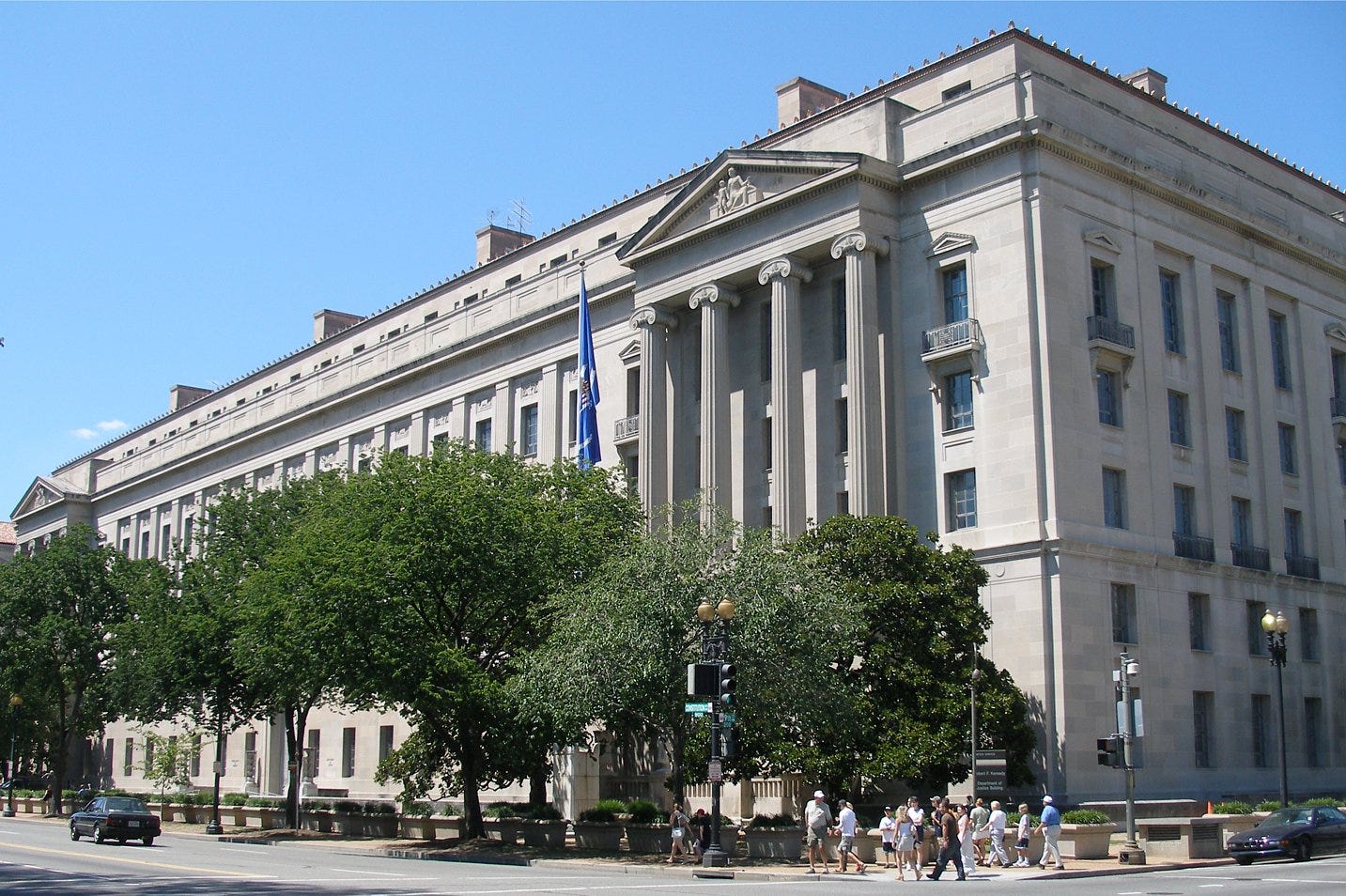
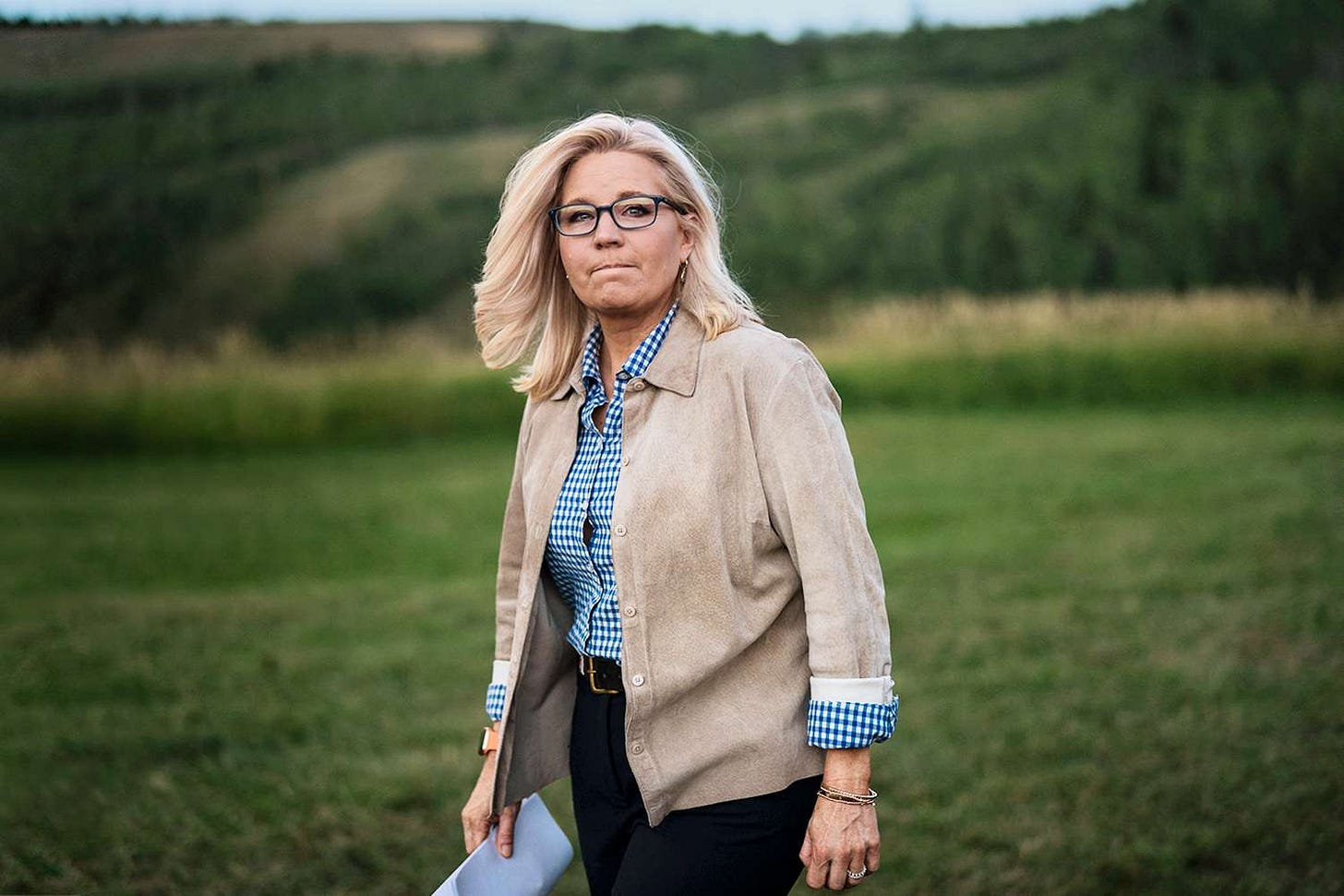
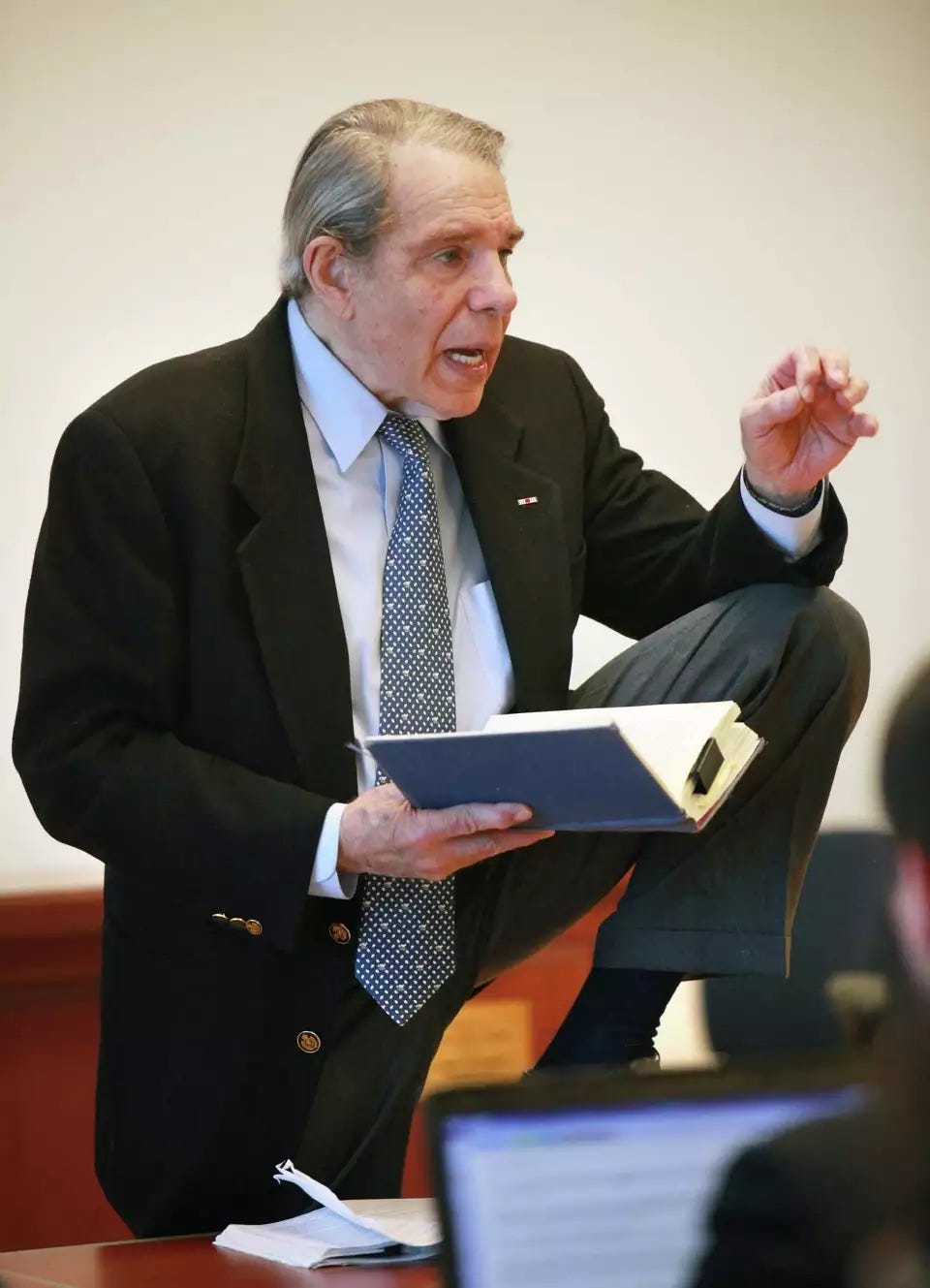
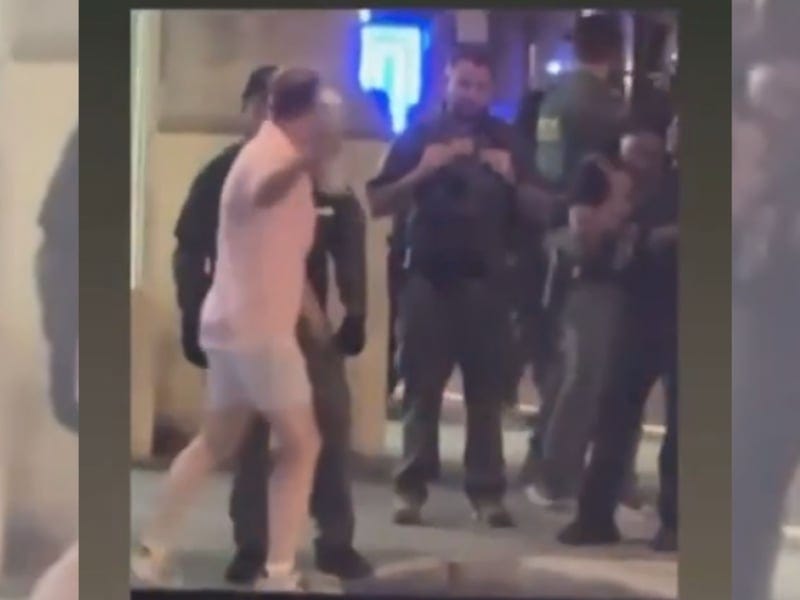
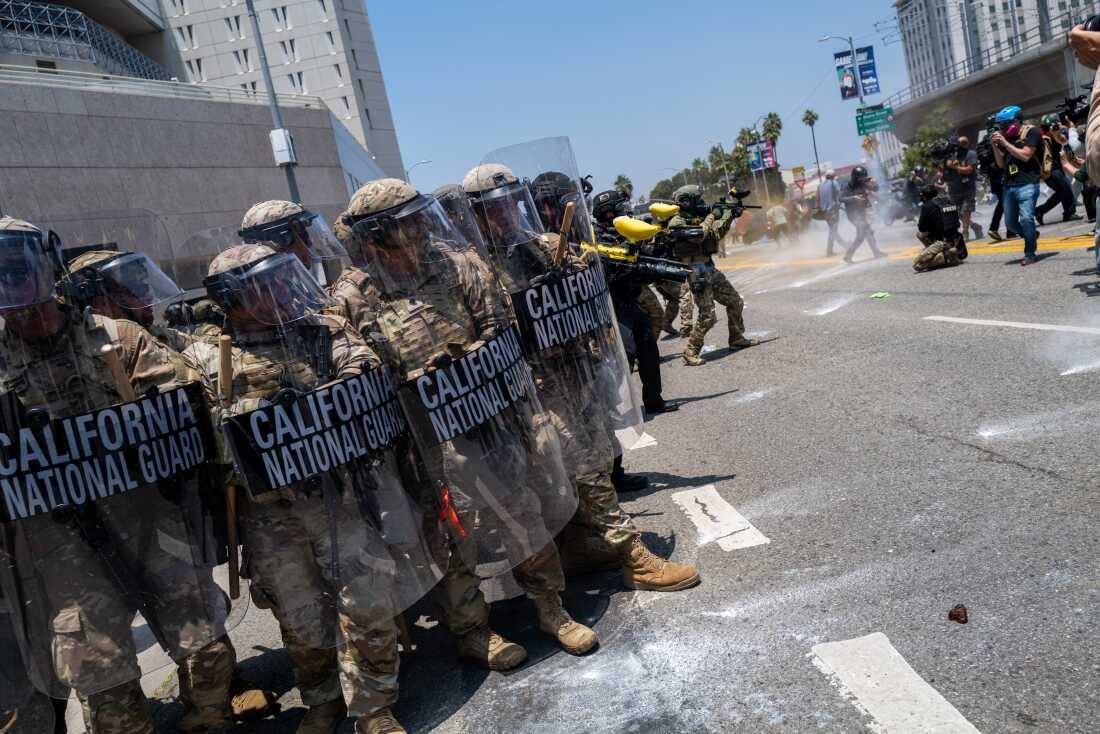
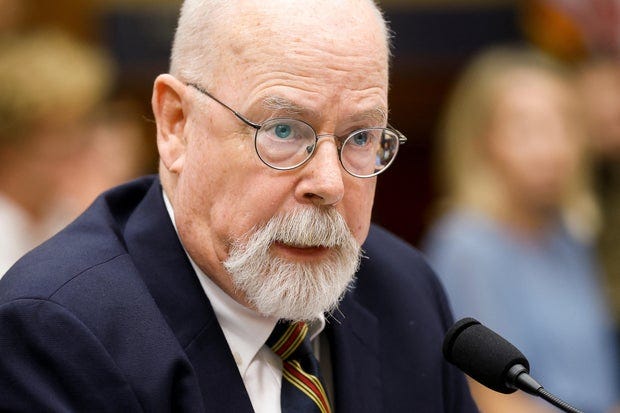
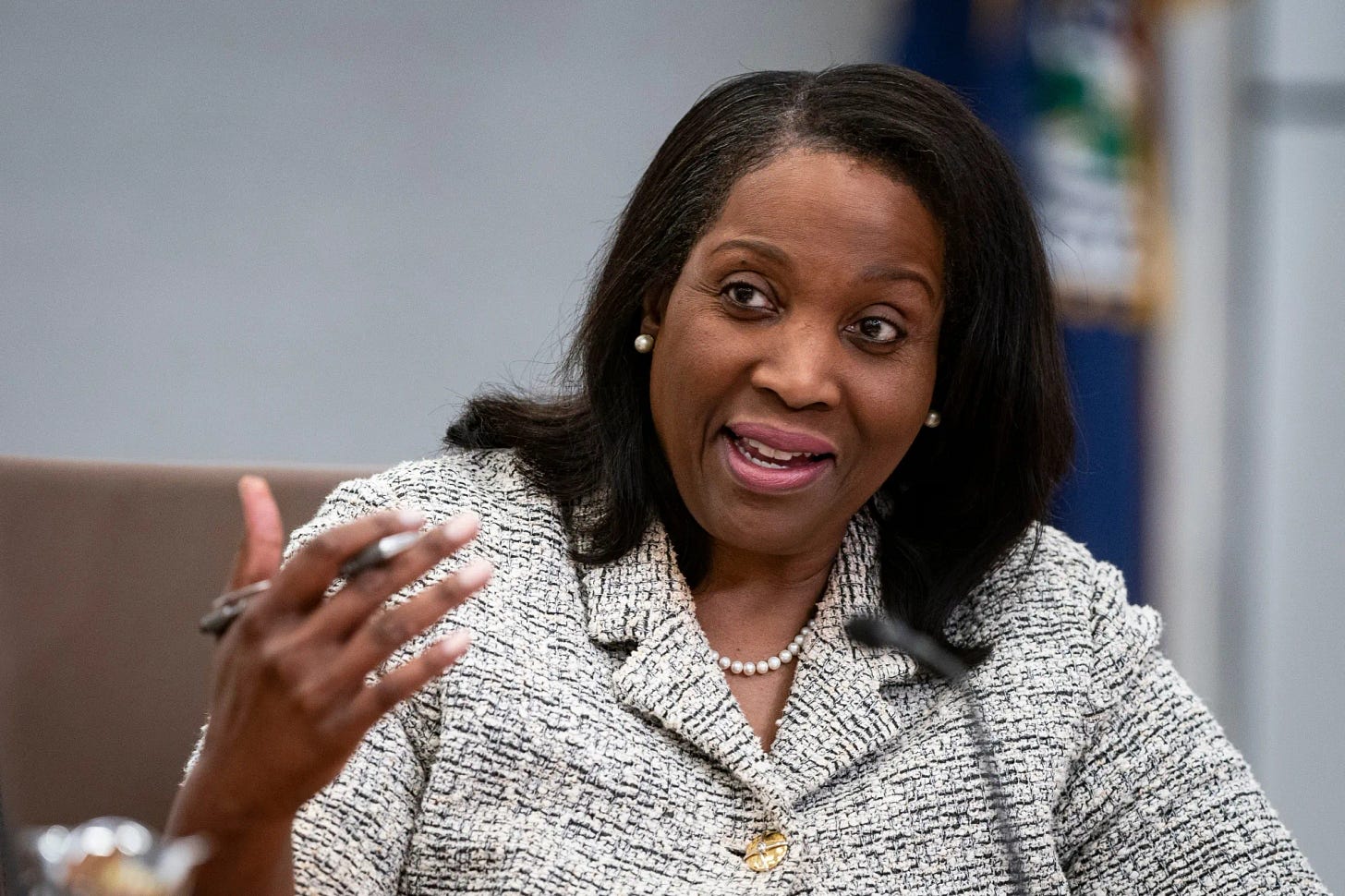
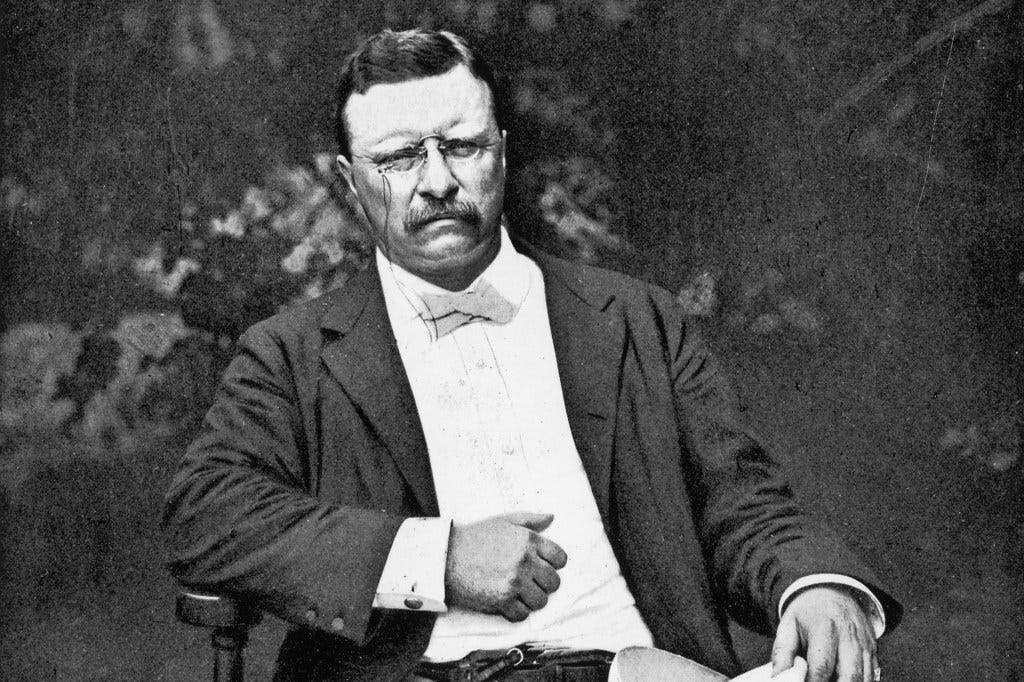

This whole column makes little sense to me. First there’s the confession of the silly secret, then an intro of both sides-ism and then the premise, that our justice system is stronger than the whims of any one president. I think in many of the instances Gabe describes it’s much more likely that prosecution and conviction failed because no crime was committed, not because of the robustness of our systems. The same with Trump’s threats against his perceived enemies. Unlike Trump and his minions (Manafort, Bannon, Navarro, Stone, etc.) there’s no evidence whatsoever that people like Liz Cheney or Barack Obama committed crimes. And weaponizing the justice system can do a lot of damage without getting anywhere close to an indictment. Does anyone think Zuckerberg’s abandonment of content moderation and the millions in corrupt payments to Trump was just a coincidence? What about the chilling effects on free speech that are inevitable when people are threatened with the federal justice department coming down on them? Or having a housing official demand access to the personal mortgage filing data of anyone the president is upset with, in the hopes of finding some discrepancy? What about the fact that the president accused Lisa Cook of making false statements in financial documents, the exact thing that the president himself was convicted and found liable for? And shouldn’t there be some mention of the Supreme Court Court’s grant of almost complete immunity to the president for acts of wrongdoing or of the president’s repeated emergency declarations that he uses to try to take away people’s constitutional rights? What about the blanket pardoning of everyone who stormed the capitol to try to stop certification of the election, even the people who violently attacked law enforcement? Or the firing of so many experienced and dedicated U.S. attorneys and the installation of partisan hacks in their place? I believe all of this severely undermines faith in our justice system and actually shows just how much damage it can incur simply from the whims of one president. I’m glad that local grand juries in DC and LA acted reasonably. But that is a tiny fly in Trump’s ointment to weaponize Justice.
Theodore Roosevelt famously said to “talk softly and carry a big stick,” which seems to be the opposite of what this administration is doing.